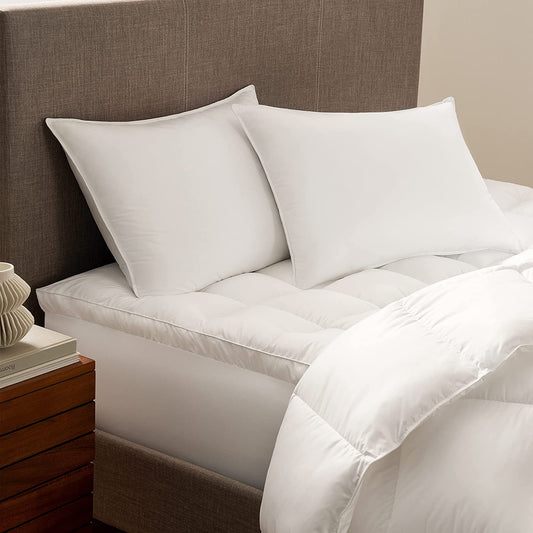Falling asleep can often be a challenge, especially in our fast-paced, technology-driven world. This blog post will provide practical tips and strategies to help you fall asleep faster and enjoy a more restful night.
Establish a Consistent Sleep Schedule
Your body’s internal clock, or circadian rhythm, thrives on consistency. Try to go to bed and wake up at the same time every day, even on weekends. This helps regulate your sleep-wake cycle and can make it easier to fall asleep.
Create a Relaxing Bedtime Routine
- Engage in calming activities before bed to signal to your body that it’s time to wind down. Consider:
- Reading a book
- Taking a warm bath
- Practicing meditation or deep breathing exercises
- Listening to soothing music or white noise
Limit Exposure to Screens
- The blue light emitted by phones, tablets, and computers can interfere with the production of melatonin, the hormone that regulates sleep. Try to avoid screens at least an hour before bedtime. If you must use them, consider using blue light filters or glasses.
Optimize Your Sleep Environment - Your bedroom should be a sleep sanctuary. Focus on:
- Comfortable mattress and pillows:
- Ensure your bedding supports your preferred sleeping position.
- Room temperature:
- Keep it cool, around 60-67°F (15-19°C).
- Darkness:
- Use blackout curtains or a sleep mask to block out light.
- Noise level:
- Use earplugs or white noise machines to eliminate disruptive sounds.
- Use earplugs or white noise machines to eliminate disruptive sounds.
Watch Your Diet and Hydration
- Avoid large meals, caffeine, and alcohol close to bedtime.
- These can interfere with your ability to fall asleep and stay asleep. Instead, opt for a light snack if you’re hungry, and ensure you’re adequately hydrated throughout the day.
Get Regular Exercise, time in the Sun & Fresh Air
- Physical activity can help you fall asleep faster and enjoy deeper sleep.
- Try to exercise at least 20-30 minutes a day, but avoid vigorous activities close to bedtime, as they might keep you awake.
- Get outside and enjoy fresh air & time in the sun
- We will go more in depth in a later blog but this boosts your immune system, lowers your blood pressure and improves your vitamin D production l
Manage Stress and Anxiety - Stress and anxiety are common culprits of sleepless nights. Techniques to manage them include:
- Journaling:
- Write down your thoughts and worries before bed to clear your mind.
- Mindfulness and meditation:
- Practice techniques that focus on the present moment to ease anxiety.
- Progressive muscle relaxation:
- Tense and relax each muscle group in your body, starting from your toes and working up to your head.
- Tense and relax each muscle group in your body, starting from your toes and working up to your head.
Conclusion
Falling asleep can seem challenging, but with consistency and the right techniques, you can improve your ability to drift off easily. By establishing a routine, creating a sleep-friendly environment, and managing your diet and stress, you can set the stage for a restful night and better overall health.





